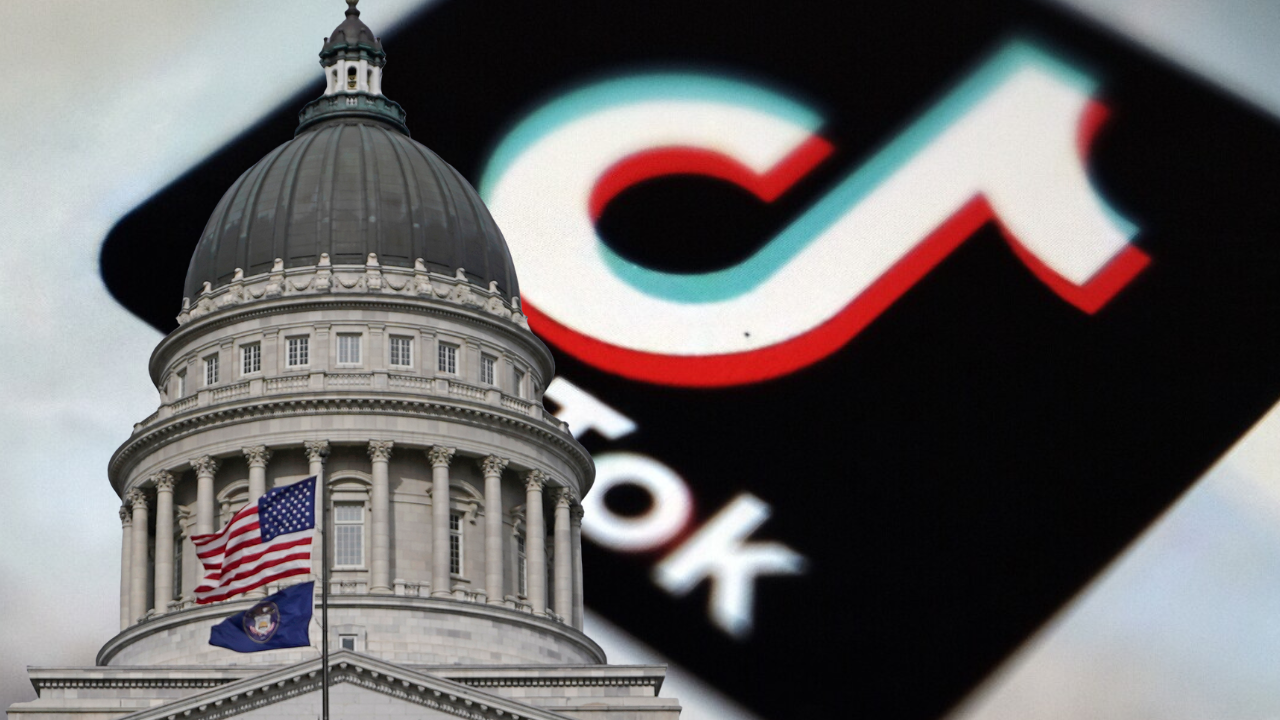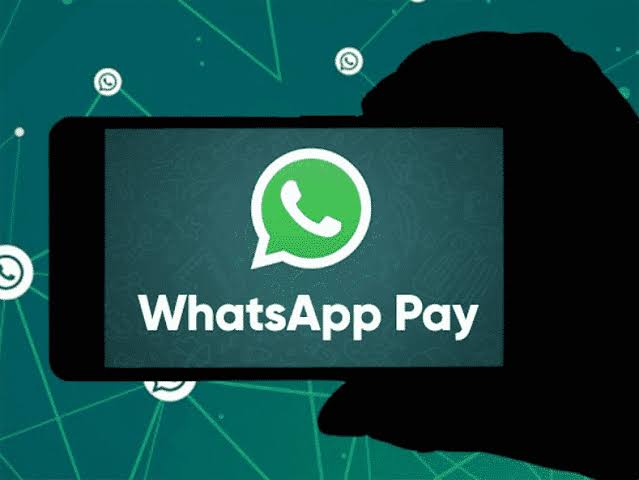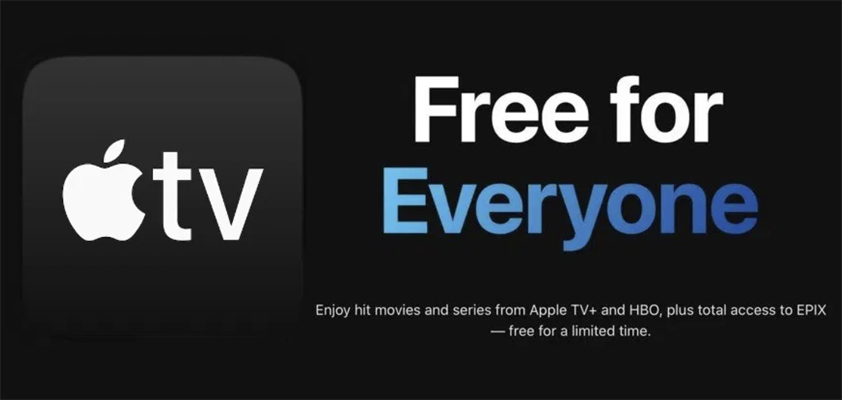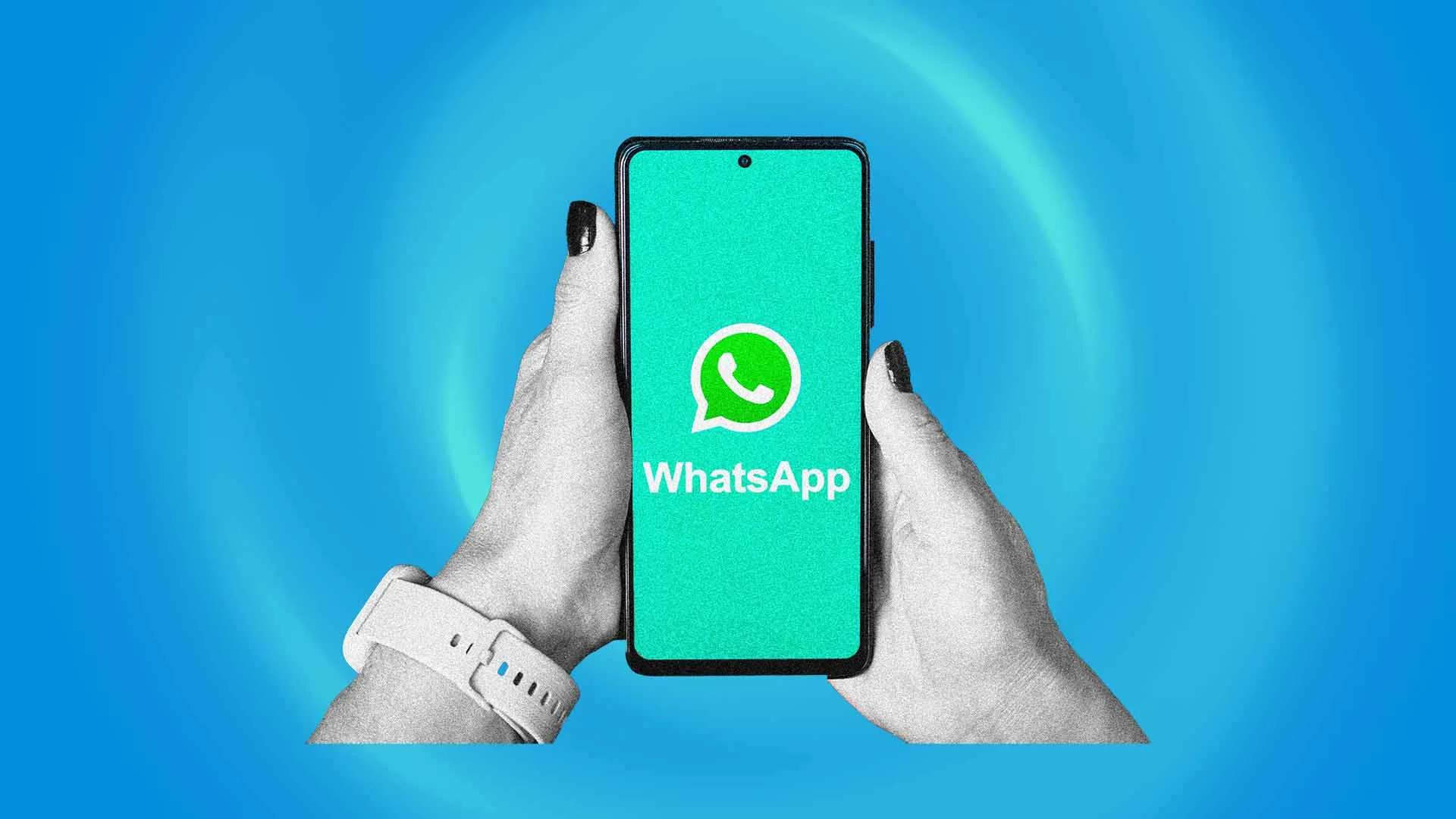WhatsApp has introduced a built-in document scanner, enhancing its functionality for over 2 billion users.
This feature, announced on December 27, 2024, enables users to scan and share documents directly in the app, removing the need for third-party tools.
Read also: From messaging to money: WhatsApp Pay brings simple, secure payments to Indian users
How It works
To utilise the scanner, open a chat in WhatsApp and tap the “Plus” icon. Select “Documents,” where you will find the option to “Scan document.”
The in-app camera opens, automatically detecting and cropping the document’s edges. Users can adjust margins as needed before sending it directly through WhatsApp.
This update benefits those who frequently share essential documents like bills or identification cards.
Previously, users had to switch between multiple apps, which was cumbersome and time-consuming. Now, everything is streamlined within WhatsApp, making sending documents faster and more efficient on the go.
Read also: WhatsApp triumphs in 5-year legal battle against NSO
Enhancing document sharing experience
WhatsApp, founded by Brian Acton and Jan Koum in 2009, was sold to Mark Zuckerberg’s Meta Platforms Inc. (formerly Facebook Inc.) in 2014 for approximately $19 billion. This remains one of the largest tech acquisitions in history.
The introduction of the document scanner reflects a commitment to enhancing user experience by integrating essential tools into one platform.
This move simplifies document sharing and prioritises user privacy by reducing reliance on external applications that may compromise security.
The scanner’s capabilities include various options for adjusting colours and cropping, ensuring that users can control how their documents appear before sharing.
As more people rely on digital communication for personal and professional needs, this feature addresses a growing demand for seamless document management within messaging apps.









